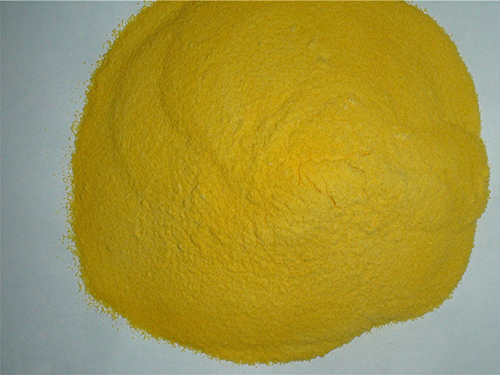Exploring Sequestered HEDP and Its Impacts on Environmental Sustainability and Resource Management
Understanding Sequest HEDP An Innovative Approach to Water Treatment
Sequest HEDP, or Hydroxyethylidene Diphosphonic Acid, is a highly effective chelating agent widely used in various industrial applications, particularly in water treatment. As global industries strive to improve efficiency and sustainability, the role of chemicals like HEDP has become increasingly significant. This article delves into the properties, applications, and advantages of using Sequest HEDP in water treatment processes.
What is Sequest HEDP?
HEDP is a phosphonic acid derivative characterized by its ability to form stable complexes with metal ions. This makes it extremely valuable in mitigating scale formation and corrosion in water systems. Its molecular structure allows it to effectively bind to calcium, magnesium, and other metal ions that contribute to hardness in water, thus preventing the formation of undesirable deposits in pipes and equipment.
Applications in Water Treatment
The primary application of Sequest HEDP is in the treatment of cooling water systems, boilers, and other industrial processes requiring efficient water management. In these contexts, HEDP serves several crucial functions
1. Scale Inhibition HEDP significantly reduces the precipitation of scale-forming salts. By chelating with calcium and other divalent metals, it prevents scale formation on heat exchangers and cooling towers, thus enhancing thermal efficiency and prolonging equipment life.
2. Corrosion Control In combination with other additives, HEDP can protect metal surfaces from corrosion. This is particularly important in systems where water quality fluctuates and corrosion can lead to critical failures and safety hazards.
sequest hedp

4. Compatibility HEDP is compatible with a wide range of other water treatment chemicals, making it easy to integrate into existing systems. This adaptability allows for more comprehensive water treatment solutions that can target multiple issues simultaneously.
Benefits of Using Sequest HEDP
The use of Sequest HEDP in water treatment comes with numerous advantages, which contribute to its growing popularity in various industries
1. Environmental Safety HEDP is considered environmentally friendly and poses minimal risk to aquatic life when used appropriately. As companies face increasing pressure to adopt greener practices, HEDP provides a sustainable option for water treatment.
2. Cost-Effectiveness By preventing scale and corrosion, HEDP can lead to significant cost savings in maintenance and energy efficiency. Reduced downtime and lower replacement costs for equipment contribute to an improved bottom line for businesses.
3. Performance Reliability HEDP's ability to work effectively across a wide range of pH levels and temperatures makes it a reliable choice for diverse applications. Users can trust that HEDP will perform under varying conditions, ensuring system stability.
4. Regulatory Compliance As regulatory standards for water quality become more stringent, using HEDP can help industries comply with guidelines and avoid penalties associated with water pollution and equipment failure.
Conclusion
Sequest HEDP stands out as a versatile and effective solution for water treatment challenges faced by many industries today. Its ability to inhibit scale formation and control corrosion, combined with its environmental safety and cost-effectiveness, positions HEDP as an indispensable tool for optimizing water management systems. As industries continue to evolve and embrace sustainable practices, the significance of innovative solutions like Sequest HEDP will undoubtedly grow, paving the way for enhanced efficiency and reduced environmental impact in water treatment processes.
-
Water Treatment with Flocculant Water TreatmentNewsJun.12,2025
-
Polymaleic AnhydrideNewsJun.12,2025
-
Polyaspartic AcidNewsJun.12,2025
-
Enhance Industrial Processes with IsothiazolinonesNewsJun.12,2025
-
Enhance Industrial Processes with PBTCA SolutionsNewsJun.12,2025
-
Dodecyldimethylbenzylammonium Chloride SolutionsNewsJun.12,2025





